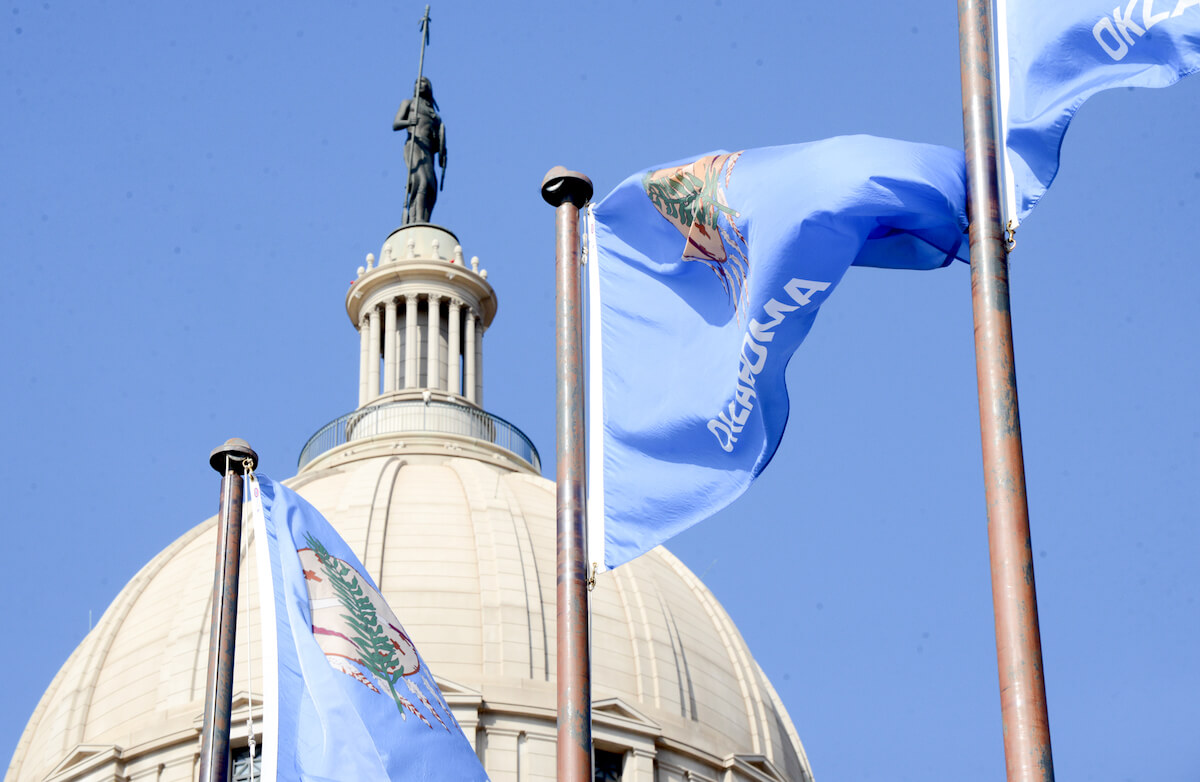
The Oklahoma Legislature did what?
Often, the answer to that question is complex. Here at NonDoc, we work to cover each session of the Oklahoma Legislature in a manner that provides accurate and in-depth information about policy proposals, political posturing and the overall sausage-making process. To do that, institutional knowledge is key, and we spend a great deal of time trying to stay informed about current happenings while also seeking historical context about any given policy.
To help improve public access to this information, we have created this page to chronicle the history of the Oklahoma Legislature as a running recap of past legislative sessions. Our full #okleg tag remains a great way to find all of our content related to the Oklahoma Legislature, but specific tags exist for the 2023 session, 2022 session, 2021 session, 2020 session, 2019 session, 2018 session, 2017 session and 2016 session in our coverage archives.
The Oklahoma Legislature is a bicameral body featuring 101 seats in its House of Representatives and 48 seats in its State Senate. (State voters decreased Senate seats from 52 to 48 by passing SQ 416 in 1964.) The Legislature’s annual regular session convenes the first Monday in February and must adjourn by 5 p.m. on the final Friday of May.























